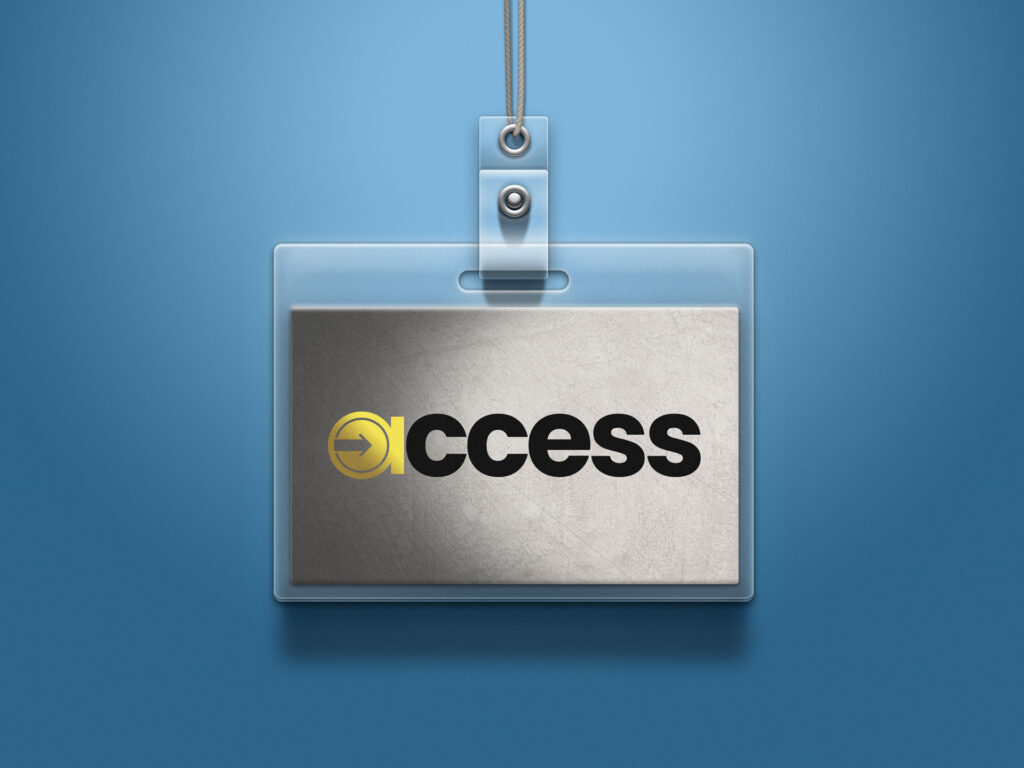This week’s conversation with Danny J Lewis was an opportunity to look back on a career spanning almost 3 decades and discuss his journey along the way.
What we weren’t ready for was an insight into the mind-blowing world of technology, how it has affected the music industry and the everyday advances in AI which will take it even further.
Seriously… this is fascinating.
Danny’s Album is available to purchase now – https://www.traxsource.com/title/1922676/night-tales-extended-vol-1
Podcast: Play in new window | Download (Duration: 1:25:11 — 117.0MB)
Subscribe: Apple Podcasts | Spotify | Android | Blubrry | Email | TuneIn | How to Subscribe




